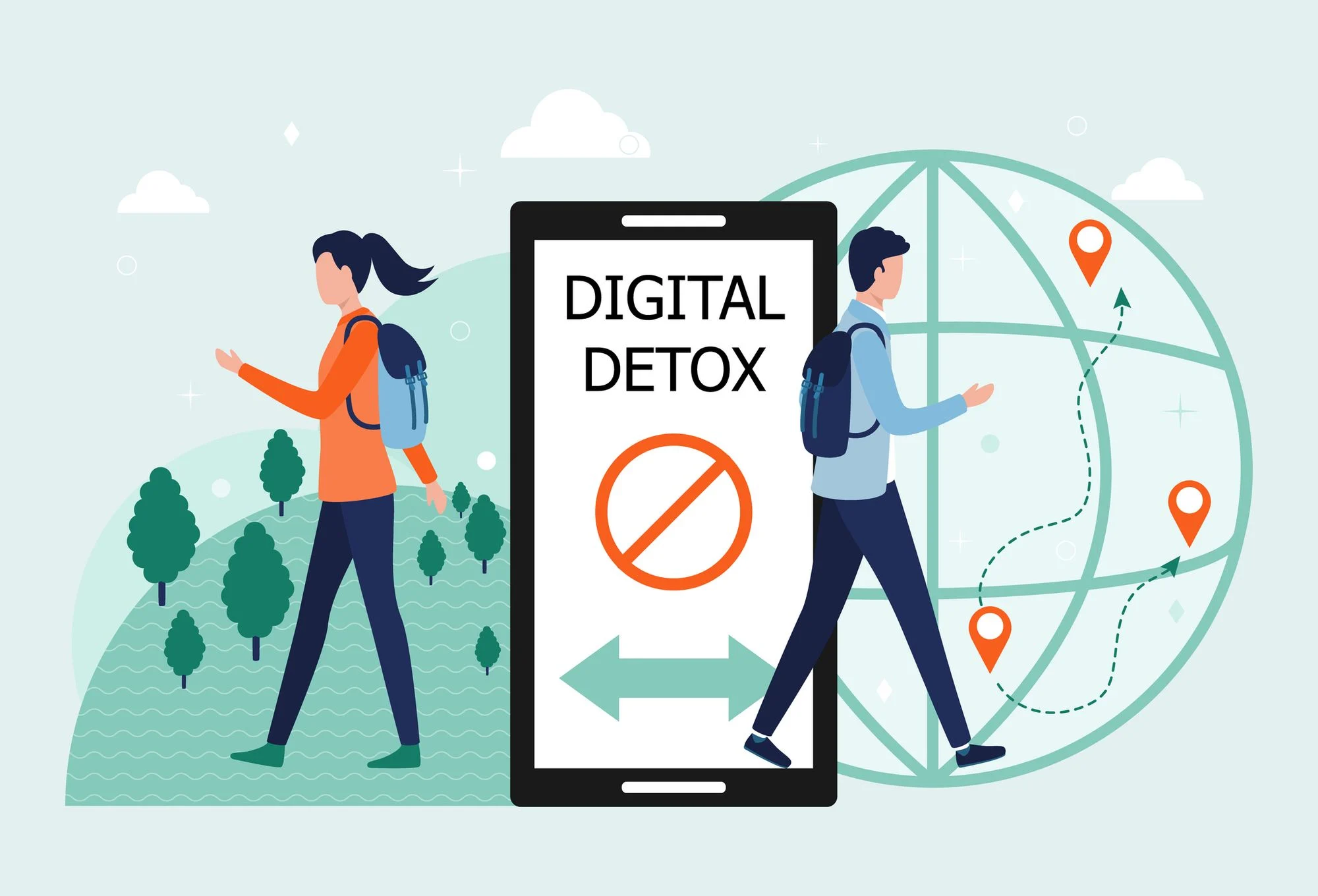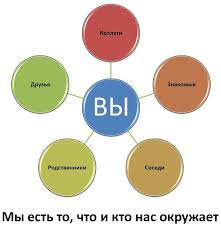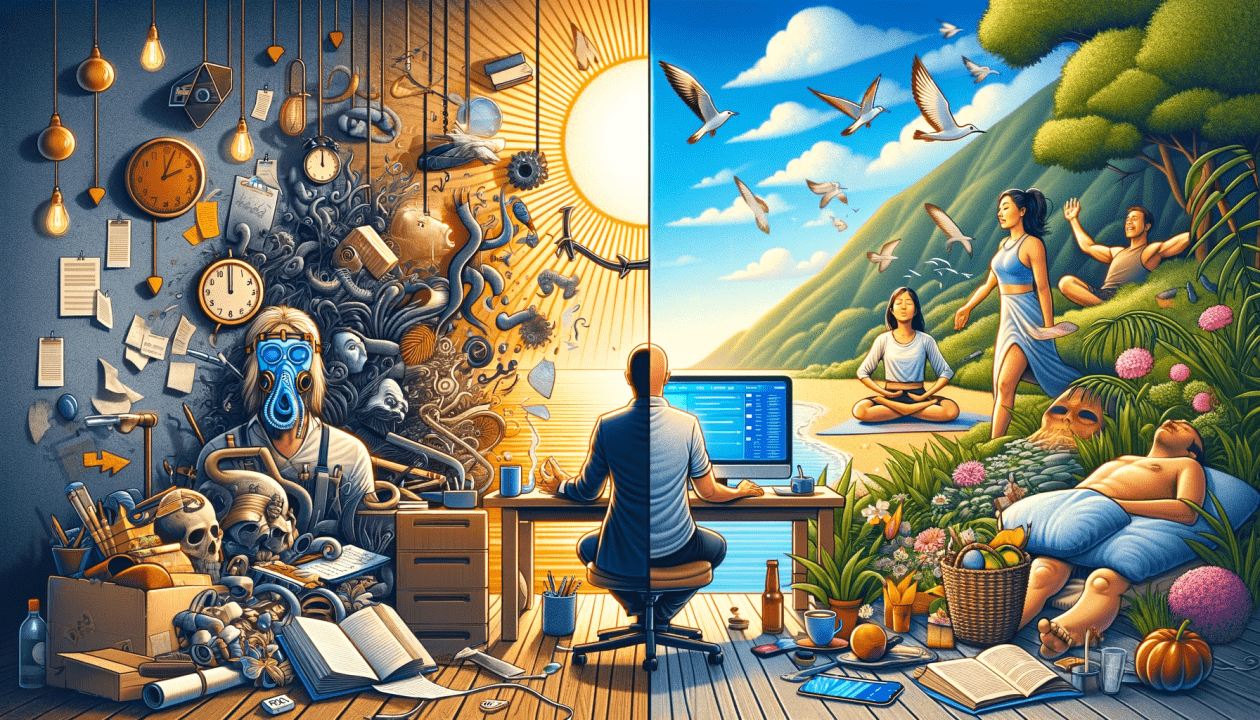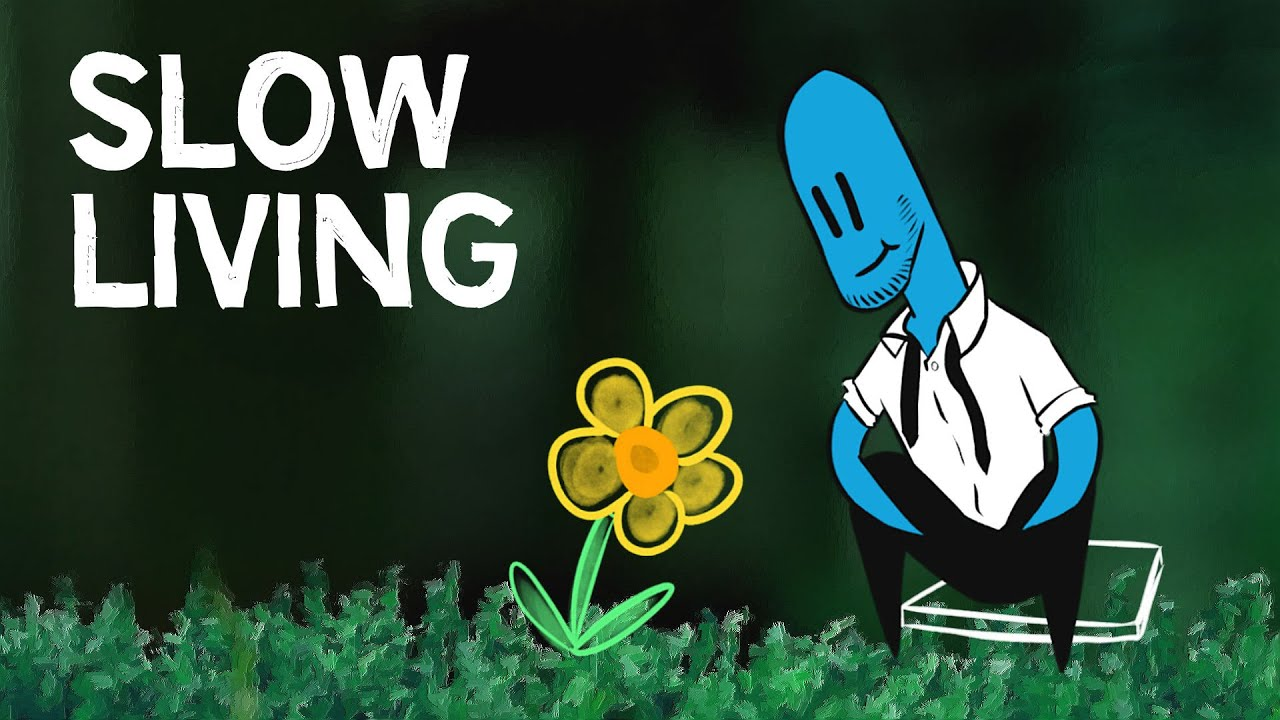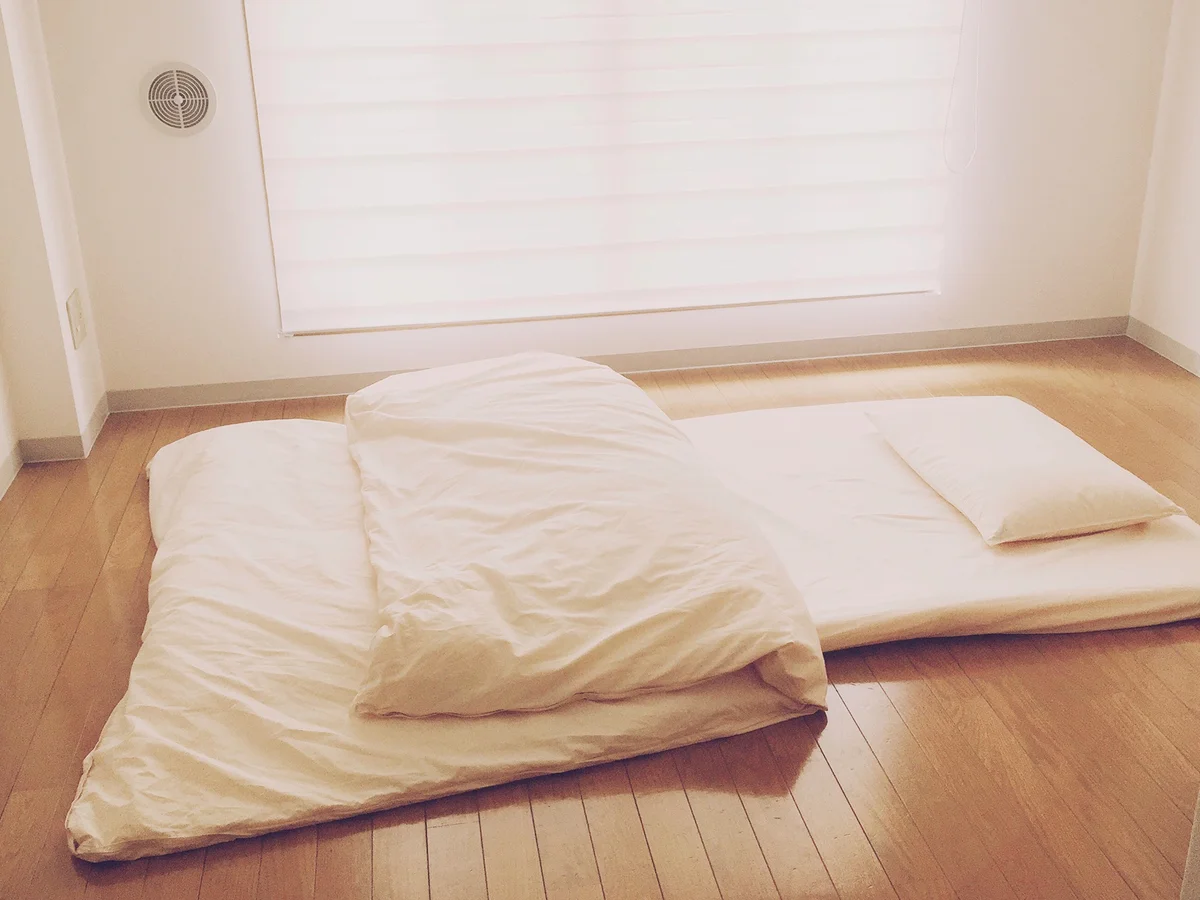
In 2025, the concept of "less but better" – a core tenet of minimalism – is more relevant than ever. We live in a world saturated with information, products, and choices, often leading to overwhelm and a sense of dissatisfaction. Minimalism offers a pathway to reclaim control, focus on what truly matters, and find contentment in simplicity. This guide explores the principles of minimalist living and provides practical steps for incorporating "less but better" into your daily life.
Minimalism isn't about deprivation; it's about intentionality. It's not about owning the fewest possible possessions, but about consciously curating your life to include only what brings you joy, purpose, and value. It's about asking, "Does this item or activity truly enhance my life?" rather than passively accumulating things out of habit or societal pressure. Consider the environmental impact of overconsumption, the mental clutter that excessive possessions create, and the time wasted managing things that don't truly matter.
Understanding the Principles of "Less But Better"
The core principle of "less but better" revolves around conscious consumption and intentional living. It emphasizes quality over quantity and experience over material possessions. Here's a breakdown:
- Intentionality: Being mindful of your purchases and activities. Avoiding impulse buys and choosing experiences that align with your values.
- Quality over Quantity: Investing in durable, well-made items that will last longer and provide more satisfaction than cheaper, disposable alternatives.
- Purposeful Ownership: Owning only items that serve a specific purpose or bring you genuine joy.
- Conscious Consumption: Being aware of the environmental and social impact of your purchases.
- Mental Clarity: Reducing clutter to create a more peaceful and focused living space and mindset.
Practical Guidance: Implementing "Less But Better" in Your Life
Adopting a minimalist lifestyle is a journey, not a destination. Start small and gradually incorporate these practices into your daily routine:
1. Decluttering Your Physical Space:
Begin by decluttering one area of your home, such as a closet, drawer, or shelf. Use the KonMari method ([KonMari Method](https://konmari.com/)) by Marie Kondo, asking yourself if each item "sparks joy." If not, thank it for its service and let it go. Donate unwanted items to charity, sell them online, or recycle them responsibly. Focus on creating a calm and organized space.
2. Digital Minimalism:
Our digital lives can be just as cluttered as our physical spaces. Unsubscribe from unnecessary email lists, delete unused apps, and limit your social media consumption. Set boundaries for screen time and create digital-free zones in your home. Consider using a website blocker to limit access to distracting sites during work hours. Read Cal Newport’s book, *Digital Minimalism* ([Digital Minimalism](https://www.calnewport.com/books/digital-minimalism/)), for further insights.
3. Mindful Consumption:
Before making a purchase, ask yourself these questions:
- Do I really need this item?
- Do I already own something similar?
- Is this item well-made and durable?
- What is the environmental impact of this product?
- Can I borrow or rent this item instead of buying it?
Consider supporting sustainable and ethical brands that prioritize quality and responsible manufacturing. Look for products with minimal packaging and a longer lifespan.
4. Curating Your Wardrobe:
Create a capsule wardrobe consisting of versatile, high-quality clothing items that can be mixed and matched. Choose classic pieces that will stand the test of time, rather than trendy items that will quickly go out of style. Consider the color palette and ensure that all items coordinate well together. This simplifies your morning routine and reduces decision fatigue.
5. Experiences over Things:
Invest in experiences that create lasting memories, rather than accumulating material possessions. Travel, concerts, workshops, and quality time with loved ones can bring more joy and fulfillment than any object. Focus on creating meaningful connections and enriching your life with new skills and perspectives.
Long-Term Considerations for a Minimalist Lifestyle
Maintaining a minimalist lifestyle requires ongoing effort and self-awareness. Here are some long-term considerations:
1. Regular Decluttering:
Schedule regular decluttering sessions to prevent clutter from accumulating. Set aside a few hours each month to review your possessions and get rid of anything you no longer need or use. This helps maintain a sense of order and prevents your space from becoming overwhelming.
2. Resisting the Urge to Buy:
Be mindful of marketing tactics and social pressures that encourage consumerism. Avoid impulse purchases and unsubscribe from promotional emails. Create a waiting period before making non-essential purchases to allow yourself time to consider whether you truly need the item. Engage in activities that don't involve spending money, such as hiking, reading, or spending time with friends.
3. Repair and Maintenance:
Take care of your possessions by repairing them when necessary and performing regular maintenance. This extends the lifespan of your belongings and reduces the need to replace them frequently. Learn basic repair skills or find local repair shops that can help you keep your items in good condition.
4. Conscious Replacements:
When an item needs to be replaced, take the time to research and choose a high-quality, durable replacement that will last for years to come. Consider the environmental impact of the product and choose sustainable options whenever possible. Avoid buying cheap, disposable items that will quickly need to be replaced.
5. Adapting to Life Changes:
Minimalism is not a rigid set of rules, but a flexible framework that can be adapted to your changing needs and circumstances. As your life evolves, reassess your priorities and adjust your minimalist practices accordingly. Be open to new ideas and approaches to minimalism.
Data Table: Comparing Consumption Habits
| Metric | Traditional Consumption | Minimalist Consumption |
|---|---|---|
| Number of clothing items purchased per year | 40 | 10 |
| Average spending on non-essential items per month | $500 | $100 |
| Hours spent shopping per week | 5 | 1 |
| Level of Clutter (Scale of 1-10, 10 being most cluttered) | 8 | 3 |
| Environmental Impact (Carbon Footprint Score) | High | Low |
FAQ: Embracing a Minimalist Lifestyle
- Q: Is minimalism about never buying anything new?
- A: No, minimalism isn't about deprivation. It's about being intentional with your purchases and choosing quality over quantity. You can still buy new items, but do so consciously and with purpose.
- Q: How do I deal with gifts from others when I'm trying to be minimalist?
- A: Express your gratitude and politely explain your minimalist lifestyle. Suggest experiences instead of material gifts or create a wishlist of items you truly need.
- Q: What if my partner or family isn't on board with minimalism?
- A: Lead by example and communicate your values without being judgmental. Focus on decluttering your own belongings and creating a peaceful space for yourself. Encourage them to explore minimalism at their own pace.
- Q: Can minimalism be applied to areas other than physical possessions?
- A: Absolutely! Minimalism can be applied to your digital life, your schedule, your relationships, and even your thoughts. It's about simplifying all aspects of your life to focus on what truly matters.
- Q: Is minimalism expensive?
- A: Minimalism can actually save you money in the long run by reducing impulse purchases and prioritizing quality over quantity. While some initial investments in durable, well-made items may be necessary, the overall reduction in consumption will likely lead to significant savings.
Disclaimer: This information is for informational purposes only and should not be considered professional advice.
Sources
- [The Minimalists](https://www.theminimalists.com/)
- [Becoming Minimalist](https://www.becomingminimalist.com/)
- [Marie Kondo](https://konmari.com/)
- Newport, Cal. *Digital Minimalism: Choosing a Focused Life in a Noisy World.* Penguin Books, 2019.
Embracing minimalism is a powerful way to reclaim control over your life, reduce stress, and focus on what truly matters. By practicing intentional consumption, decluttering your space, and prioritizing experiences over material possessions, you can create a more fulfilling and meaningful life. Remember these key takeaways:
- Intentionality is Key: Be mindful of your purchases and activities.
- Quality Over Quantity: Invest in durable, well-made items.
- Experiences Matter: Prioritize experiences over material possessions.
- Regular Decluttering: Schedule regular decluttering sessions.
- Adaptability is Essential: Adjust your minimalist practices to your changing needs.
By embracing the principles of "less but better," you can create a more sustainable, fulfilling, and meaningful life in 2025 and beyond.

